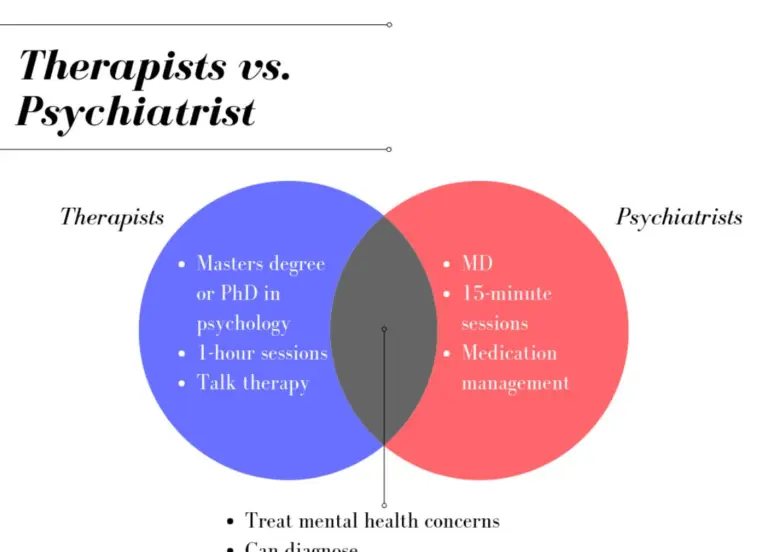Emotionally Unavailable Meaning and Signs: Understanding Emotional Detachment
Have you ever felt like your partner or someone close to you is distant, unresponsive, or unwilling to connect on a deeper level? If so, you might be dealing with an emotionally unavailable person. Emotional unavailability can be frustrating and confusing, often leaving you feeling alone even when you’re in a relationship. This article will help you understand what it means to be emotionally unavailable and how to recognize the signs.
What is Emotional Unavailability?
Emotional unavailability refers to a person’s inability or unwillingness to form deep emotional connections with others. It’s characterized by difficulty expressing feelings, avoiding intimacy, and struggling to maintain meaningful relationships. Emotionally unavailable individuals often keep others at arm’s length, creating barriers that prevent genuine emotional closeness.
This state can be temporary, triggered by specific life events or past traumas, or it can be a long-term pattern of behavior. Understanding the root causes of emotional unavailability is crucial for addressing the issue and fostering healthier relationships.
Common Signs of Emotional Unavailability
Recognizing emotional unavailability can be challenging, especially if you’re deeply invested in a relationship. Here are some telltale signs to watch out for:
1. Difficulty Expressing Emotions
Emotionally unavailable people often struggle to articulate their feelings. They may seem uncomfortable or evasive when asked about their emotions, preferring to keep conversations surface-level. This reluctance to open up can create a sense of distance in relationships.
2. Avoidance of Commitment
A fear of commitment is a hallmark of emotional unavailability. This might manifest as reluctance to define the relationship, make future plans, or take steps that deepen the emotional connection. They may keep their options open or be hesitant to fully invest in the relationship.
3. Inconsistent Communication
Hot and cold behavior is common among emotionally unavailable individuals. They might be attentive and engaged one moment, then distant and unresponsive the next. This inconsistency can leave their partners feeling confused and insecure.
4. Prioritizing Independence
While independence is healthy, emotionally unavailable people often take it to an extreme. They may resist relying on others or allowing others to depend on them, viewing emotional needs as a threat to their autonomy.
5. Difficulty with Empathy
Emotionally unavailable individuals may struggle to understand or respond to others’ emotions. They might dismiss or minimize their partner’s feelings, seeming indifferent or unsupportive during times of need.
6. Past Relationship Patterns
A history of short-lived or superficial relationships can indicate emotional unavailability. These individuals may have a pattern of ending relationships when they start to become too intimate or demanding.
7. Deflection and Avoidance
When faced with emotional conversations or situations, emotionally unavailable people often deflect or change the subject. They may use humor, sarcasm, or other tactics to avoid addressing serious emotional topics.
8. Physical Intimacy Without Emotional Connection
Some emotionally unavailable individuals may be comfortable with physical intimacy but struggle with emotional closeness. They might use physical connections as a substitute for deeper emotional bonds.
9. Difficulty Trusting Others
Trust issues are common among emotionally unavailable people. They may be overly guarded, suspicious of others’ intentions, or reluctant to open up due to fear of being hurt or betrayed.
Causes of Emotional Unavailability
Understanding the root causes of emotional unavailability can provide insight into this behavior. Some common factors include:
- Past traumas or negative experiences in relationships
- Childhood experiences, such as neglect or inconsistent parenting
- Fear of vulnerability or rejection
- Attachment issues developed in early life
- Cultural or societal expectations about emotional expression
- Mental health conditions, such as depression or anxiety
It’s important to note that emotional unavailability doesn’t always stem from a single cause. Often, it’s a complex interplay of various factors that contribute to this behavior.
Impact of Emotional Unavailability on Relationships
Being in a relationship with an emotionally unavailable person can be challenging and often detrimental to one’s emotional well-being. Some common effects include:
- Feelings of loneliness and disconnection
- Low self-esteem and self-doubt
- Constant anxiety about the relationship’s status
- Unmet emotional needs and frustration
- Difficulty building trust and intimacy
- Increased conflict and misunderstandings
These impacts can create a cycle of unfulfilling relationships, potentially leading to emotional exhaustion and relationship burnout.
Dealing with Emotional Unavailability
If you recognize signs of emotional unavailability in yourself or your partner, there are steps you can take to address the issue:
For the Emotionally Unavailable Person:
- Seek professional help through therapy or counseling
- Practice self-reflection and emotional awareness
- Gradually work on expressing emotions and vulnerabilities
- Address any underlying traumas or past experiences
- Learn and practice effective communication skills
For Partners of Emotionally Unavailable Individuals:
- Set clear boundaries and communicate your needs
- Focus on self-care and maintaining your emotional well-being
- Encourage open dialogue about emotions and relationship expectations
- Consider couples therapy to improve communication and connection
- Evaluate whether the relationship meets your emotional needs
Remember, change takes time and effort. Patience and understanding are crucial when working through emotional unavailability.
Frequently Asked Questions (F.A.Q)
Q1. Can an emotionally unavailable person change?
Yes, emotionally unavailable individuals can change, but it requires self-awareness, willingness, and often professional help. Change is possible if the person recognizes their behavior and actively works to develop emotional openness and connection skills.
Q2. Is emotional unavailability always permanent?
No, emotional unavailability isn’t always permanent. It can be a temporary state triggered by specific life events or stressors. With proper support and effort, many people can overcome emotional unavailability and develop healthier relationship patterns.
Q3. How can I tell if I’m emotionally unavailable?
Signs of being emotionally unavailable include difficulty expressing feelings, avoiding commitment, prioritizing independence over relationships, and a history of short-lived or superficial connections. Self-reflection and feedback from trusted friends or a therapist can help you identify these patterns.
Q4. Should I stay in a relationship with an emotionally unavailable person?
This decision depends on various factors, including your emotional needs, the other person’s willingness to change, and the overall health of the relationship. It’s important to prioritize your well-being and consider whether the relationship is fulfilling your needs.
Q5. Can therapy help with emotional unavailability?
Yes, therapy can be highly effective in addressing emotional unavailability. A skilled therapist can help individuals understand the root causes of their behavior, develop emotional awareness, and learn strategies for building healthier relationships.
Wrapping Up
Emotional unavailability can create significant challenges in relationships, but understanding its signs and causes is the first step toward addressing the issue. Whether dealing with your own emotional unavailability or that of a partner, remember that change is possible with patience, effort, and often professional support. Fostering emotional openness and connection can help you build healthier, more fulfilling relationships.




